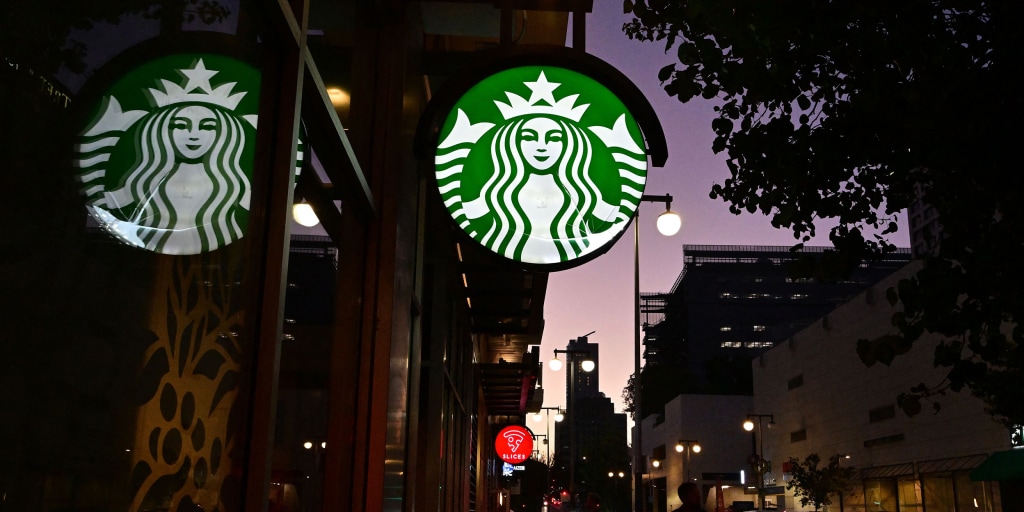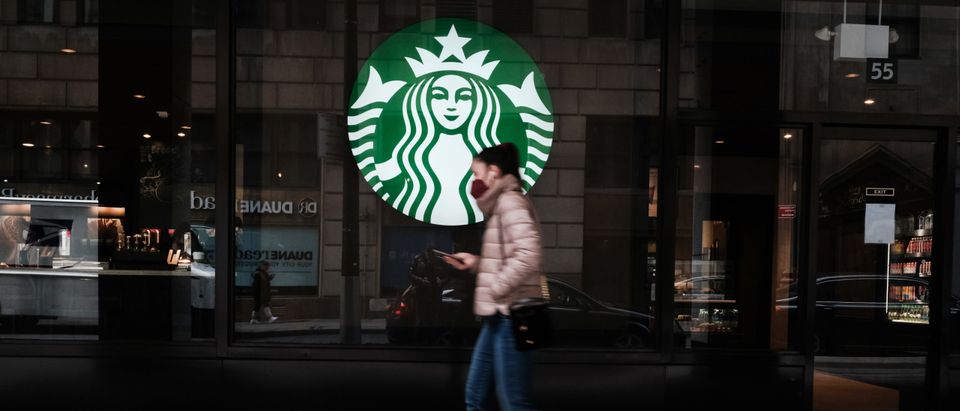Starbucks, the renowned coffee shop chain, is facing a legal battle in the United States over allegations of false advertising and deceptive claims regarding its ethical sourcing practices. The lawsuit, brought by the National Consumers League on behalf of US consumers, accuses Starbucks of obtaining coffee and tea from farms that have been implicated in human rights abuses and labor violations. This article delves into the details of the lawsuit, highlighting the reported abuses on farms in Guatemala, Kenya, and Brazil, and examining Starbucks’ commitment to ethical sourcing.
The Lawsuit and Allegations
The National Consumers League has filed a lawsuit against Starbucks in a Washington DC court, alleging that the company has misled consumers with its claims of “100% ethical sourcing.” The advocacy group cites reports of human rights and labor abuses on coffee and tea farms supplying Starbucks. These allegations include the exploitation of workers, underage employment, wage deductions for harvesting equipment, unsanitary conditions, and lack of basic amenities such as clean drinking water and toilets.
Sally Greenberg, the chief executive of the National Consumers League, asserts that Starbucks’ advertising claims are inconsistent with the alleged violations in its supply chain. The lawsuit seeks to prevent Starbucks from making misleading claims about ethical sourcing unless the company takes concrete steps to improve labor practices throughout its supply chain.

Reported Abuses on Starbucks’ Supply Chain
The reports of human rights abuses and labor violations on Starbucks’ supply chain are deeply concerning. In Brazil, authorities have taken action against several suppliers linked to Starbucks due to alleged abusive and unsafe practices. Investigations have uncovered instances where workers had the cost of harvesting equipment deducted from their wages, lacked access to clean drinking water and protective equipment, and were employed underage.
One shocking incident occurred in a coffee farm certified by Starbucks just a month before inspectors rescued 17 workers, including three underage individuals, from what was deemed “modern slavery.” These revelations raise questions about the effectiveness of Starbucks’ certification programs and the company’s commitment to ensuring ethical sourcing.
Starbucks’ Sourcing Standards: Coffee and Farmer Equity (C.A.F.E.) Practices
To maintain the integrity of its supply chains, Starbucks utilizes third-party certification programs for tea and cocoa. In 2004, the company introduced its own sourcing standards called Coffee and Farmer Equity (C.A.F.E.) Practices, which oversee coffee sourcing in more than 30 countries. This verification program holds Starbucks’ coffee suppliers accountable to over 200 environmental, labor, and quality standards. Farms failing to meet these standards can be barred from supplying Starbucks until corrective action is taken.
However, concerns have been raised about the effectiveness of such programs. Critics argue that despite these standards, human rights abuses and labor violations continue to occur within Starbucks’ supply chain. The recent allegations in Brazil, Kenya, and Guatemala seem to support these concerns.

Starbucks’ Response and Commitment
In response to the accusations and reported abuses, Starbucks has expressed deep concern and pledged to thoroughly investigate the claims of labor violations. The company has stated that it will take immediate action, including suspending purchases or ensuring corrective measures are implemented, if the allegations are substantiated.
Starbucks emphasizes its commitment to working with its business partners to meet the expectations outlined in its Global Human Rights Statement. The company’s supply chains are regularly subjected to reverification, and Starbucks claims to be actively engaged with farms to ensure compliance with their sourcing standards.
The Effectiveness of Certification Programs
The ongoing allegations against Starbucks raise questions about the efficacy of certification programs in guaranteeing ethical sourcing. While these programs provide a framework of standards, their ability to prevent and detect labor abuses has been called into question. Critics argue that relying solely on third-party certification may not be sufficient to address the complexities and challenges of global supply chains.
To truly ensure ethical sourcing, companies like Starbucks must take a proactive approach by conducting thorough audits, engaging with suppliers, and holding them accountable for labor practices. Greater transparency and collaboration throughout the supply chain are crucial to combating human rights abuses.
/cloudfront-us-east-1.images.arcpublishing.com/tgam/TD2GRUI6RNBXBBOBKMZHJSIYJY.jpg)
Conclusion
The lawsuit against Starbucks highlights the growing demand for transparency and accountability in the sourcing practices of global corporations. While Starbucks has implemented its own certification program and expressed commitment to ethical sourcing, the allegations of human rights abuses on its supply chain cast doubt on the effectiveness of such initiatives.
To regain consumer trust and uphold their claims of ethical sourcing, Starbucks must take definitive action to address labor violations and improve working conditions on the farms supplying their coffee and tea. Only through genuine efforts to eradicate abuses and ensure transparency can Starbucks truly live up to its advertising claims and demonstrate a commitment to ethical sourcing.
